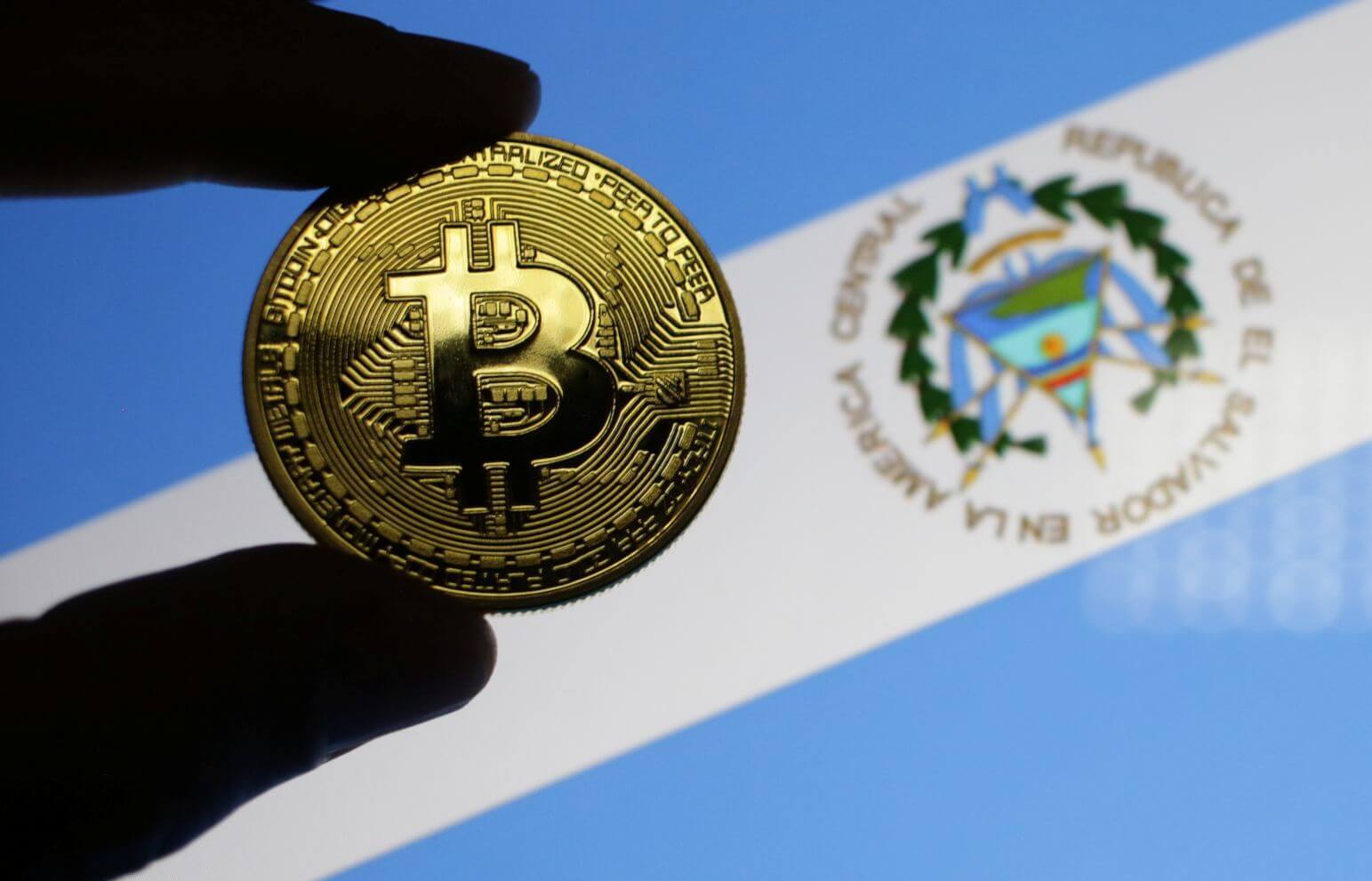TLDR
El Salvador buys 21 BTC on Bitcoin Day, defying IMF loan deal restrictions.
Bitcoin Day purchase boosts El Salvador’s BTC stash, risking IMF tensions.
El Salvador defies IMF by adding 21 BTC, marking Bitcoin Law’s 4th year.
IMF loan at risk as El Salvador celebrates Bitcoin Day with 21 BTC buy.
Symbolic 21 BTC purchase highlights El Salvador’s ongoing crypto defiance.
El Salvador marked the fourth anniversary of its Bitcoin Law by purchasing 21 Bitcoin on September 7. The move, confirmed by the country’s Bitcoin Office, brings total national holdings to 6,313.18 BTC. However, this latest acquisition raises questions about the country’s compliance with its loan agreement from the International Monetary Fund (IMF).
Symbolic BTC Purchase Defies IMF Agreement
Despite IMF-imposed restrictions, El Salvador continues to accumulate Bitcoin through daily purchases and symbolic buys. The acquisition of 21 Bitcoin on Bitcoin Day directly contradicts the IMF’s stipulation to halt voluntary BTC purchases. The country has been buying 1 Bitcoin per day since March 2024, sustaining its crypto strategy regardless of external concerns.
El Salvador secured a $1.4 billion loan agreement from the IMF in December 2024. As part of the deal, the government pledged to suspend public Bitcoin acquisitions and reduce involvement in related programs. The IMF also required the dismantling of the state-run Chivo wallet initiative, citing limited public adoption and financial risk.
Although El Salvador modified its Bitcoin legal framework by making merchant acceptance voluntary, it retained Bitcoin as legal tender. The government’s continued purchases, however, conflict with IMF expectations, risking future loan disbursements. The IMF conducts regular reviews to assess compliance through 2027.
Bitcoin Treasury Strategy and Transparency Push
The latest purchase reflects a symbolic nod to Bitcoin’s 21 million supply limit while reinforcing El Salvador’s broader digital asset strategy. The government recently diversified its Bitcoin holdings across 14 wallet addresses, each capped at 500 BTC. Officials said the shift aims to reduce vulnerabilities linked to quantum computing risks.
This updated security protocol adds a layer of transparency as the government published the addresses on a public dashboard. Observers can now independently verify transactions and balances. The move strengthens El Salvador’s position as one of the world’s leading sovereign Bitcoin holders.
El Salvador’s holdings have appreciated significantly due to rising Bitcoin prices. According to IMF data, the country has spent nearly $300 million on purchases, with unrealized gains now exceeding $400 million. The government sees this as a successful reserve-building policy despite volatility.
Bitcoin Education and Mixed Public Adoption
El Salvador has invested in Bitcoin-focused education, aiming to build digital literacy among public servants and the wider population. The Bitcoin Office reported that over 80,000 government employees have received certification in Bitcoin as of 2025. Alongside Bitcoin, several programs now cover artificial intelligence to support future technological integration.
Public adoption of government initiatives remains limited outside official circles. The Chivo wallet, once promoted as a cornerstone of the strategy, saw low sustained use among everyday citizens. Critics argue that the focus on symbolic purchases and government-facing programs neglects grassroots financial inclusion goals.
The initial Bitcoin Law passed in 2021 intended to boost inclusion and reduce remittance costs. Yet four years later, the experiment has produced mixed results. Limited data transparency and continued IMF pressure suggest the policy remains under international and domestic scrutiny.
El Salvador maintains a firm stance on its Bitcoin strategy despite external obligations. With 6,313.18 BTC now in reserve and a market value of over $701 million, the country continues building its crypto profile. However, its ongoing divergence from IMF conditions may define the next phase of its Bitcoin journey.
